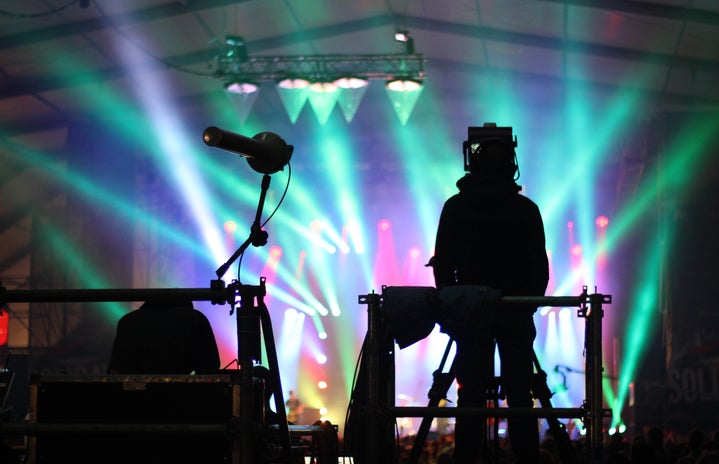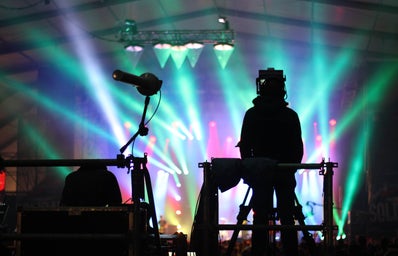Bangtan Sonyeondan, or better known in the United States, BTS is the current KPOP sensation sweeping the world. This year alone, they have broken into the western music market, taking home a Billboard Music Award for Social Artist, dethroning Justin Bieber, the winner for the past six years.
In recent news, their new song ‘DNA’, entered the Billboard Hot100 Chart at 85, then proceeded to climb up the charts to 67. This is the second time a song sung entirely in Korean has achieved this feat, with Psy being the first with his hit, ‘Gangnam Style’. In others words, an Asian artist, without Western promotion, managed to break into a major mainstream music market. Let that sink in. BTS’s achievement provides some much needed Asian representation in Media, which has previously been severely lacking.
Throughout the years, Asian-Americans have not been prominently pictured in the arts. Those that have been lucky enough to work in the media have worked silently in the background–helping Hollywood films and television shows rise to fame with little credit given. Actors given a part were usually presented in a stereotypical way: the smart kid in elementary school who helped the main lead with their homework, the guy doing a Chinese accent, despite being Korean. Asian-Americans deserve more than the stereotypical, one-dimension roles Hollywood has dredged up for them.
Recently, however, Hollywood has slowly begun to diversify. With shows like Fresh off the Boat, Andi Mack, and movies like Spiderman Homecoming, Asians have received more prominent roles now than ever before.
Still, Asian-Americans are rarely acknowledged for their music abilities. As of now, the only mainstream Asian-Americans in the music business are Bruno Mars and Steve Aoki. Asian-Americans represent about 6% of the population in the United States, equating to about twenty million people, leaving Asian-Americans severely underrepresented.
The stereotype of Asians being unskilled or laughable in the arts makes it exponentially harder for Asian-Americans to pursue a career in the arts. Additionally, this limits Asians to the careers that society thinks we can do well in–parents have high expectations for their kids to go into fields like medicine or engineering, rather than to seek a career in the arts.
BTS breaking into the Billboard HOT100 charts proves that Asians can succeed in the music industry. It gives power and confidence to the younger generation of Asian-Americans to pursue a music career that they will be successful in. More importantly, this achievement shows that Asians do have a prominent presence in America; we have a voice in America.
BTS breaking onto the Billboard HOT100 is just the beginning for Asians being recognized for their artistic talents. Hopefully as time goes on, more Asians will break into the music scene and continue to add to the diversity of music. For now, we only have this accomplishment to show our abilities. And for once, in mainstream media’s eyes, Asian are not seen as a joke, but rather a force to be reckoned with.

